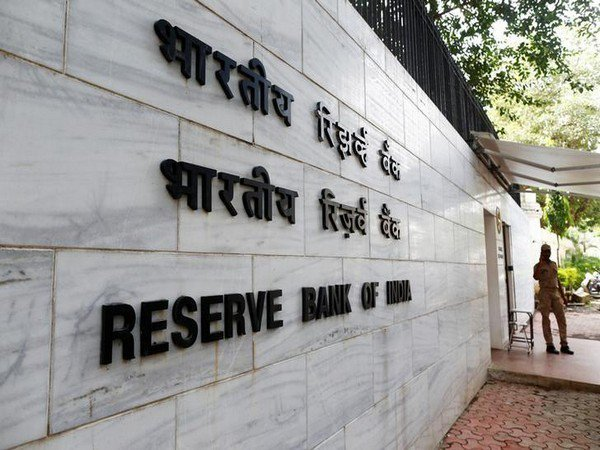The Reserve Bank of India (RBI) has once again warned retail investors to exercise caution when investing in cryptocurrencies, citing the lack of accountability and stability within the crypto ecosystem. The central bank stated in its monthly bulletin released recently that the interest in cryptocurrencies is largely driven by speculative motives rather than as a means of payment for real economic transactions. The findings by RBI align with a survey by the UK’s Financial Conduct Authority (FCA), which revealed that a majority of investors view cryptoassets as a ‘gamble to make or lose money’.
The bulletin also highlighted concerns regarding the stability of cryptocurrencies, noting that some cryptos may be backed by underlying assets but if those assets themselves are unstable and lack transparency or central bank backing, the entire crypto system is at risk of crisis. RBI Governor Shaktikanta Das has previously described cryptocurrencies as speculative activity. The recent collapse of popular exchanges FTX and Binance has further emphasized the risks associated with country-specific regulations and bans on cryptocurrencies.
In light of the evolving landscape of decentralized finance (DeFi) and its interactions with the traditional financial system, RBI emphasized the need for further analysis on the utility of DeFi against potential risks. Governor Das had previously commented on the potential of Central Bank Digital Currency (CBDC) to drive financial inclusion and provide a safer alternative to private digital currencies that are currently unregulated in India. The government has shown support for CBDC due to its transformative potential and unique technological advantages.
India has already launched a pilot program for CBDC in both wholesale and retail categories in late 2022. The initial learnings from the pilot program have shown that CBDCs have similar denominations to traditional hard currency, making it easier for users to understand and relate to digital cash. Additionally, CBDCs offer a similar level of anonymity to physical cash, providing users with a familiar and secure digital payment option. The implementation of CBDCs in India is seen as a step towards modernizing the country’s financial system and enhancing financial inclusion.
The RBI’s warnings and emphasis on the potential risks associated with cryptocurrencies come at a time when global regulatory scrutiny of digital assets is increasing. The Indian government’s support for CBDCs as a safer and regulated alternative to private digital currencies reflects a broader trend towards the adoption of government-backed digital currencies worldwide. As the crypto landscape continues to evolve, it is crucial for investors and policymakers to understand the potential risks and benefits associated with different forms of digital assets, and to prioritize financial stability and consumer protection.










